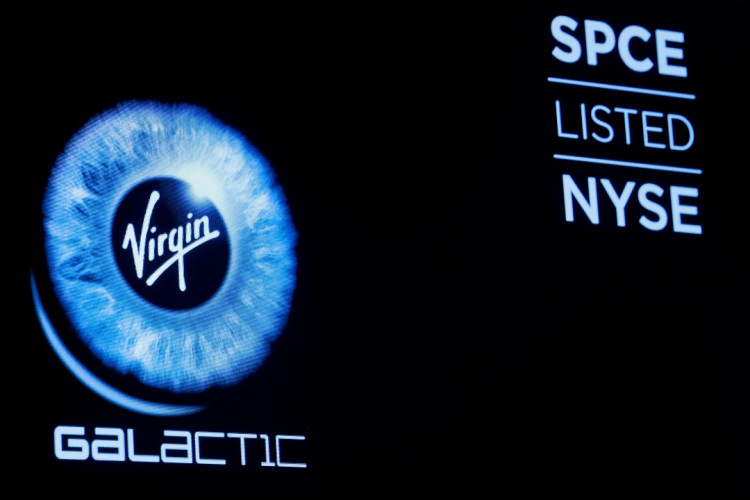The public listing of Virgin Galactic's shares on the New York Stock Exchange last week was met with much fanfare and enthusiasm given that the company is the first-ever private space tourism company to go public. However, just a week after its initial public offering (IPO), sentiments towards the stock have gone sour, sending the company's shares downward.
As of this week, Virgin Galactic (SPCE) has lost more than 21 percent of its value since it was listed on the exchange. The company's share prices dropped from its $11.79 per share listing price to $9.35 per share as of Monday's market close.
Analysts have stated that Virgin Galactic did have a fatal flaw, which has driven away major investors. The company, which swapped its stock market ticker from IPOA to SPCE, is basically the result of a reverse merger. Due to this fact, the company was not required to make any of the financial disclosures that it typically submitted by traditional IPOs.
This meant that inventors really didn't have access to the typical financial information that they are typically used to seeing prior to making any commitments. According to Chad Anderson, the CEO of Space Angels, the lack of financial data could be the main reason why Virgin Galactic hasn't seen much interest in its stocks. Space Angels is a private equity firm that mainly invests in space-related startups.
Anderson further pointed out that large institutional investors, which are the ones that typically push IPOs upwards by significant amounts, often do not make investments without first seeing the complete picture. In Virgin Galactic's case, all of the data was simply not available.
The timing of Virgin Galactic's IPO may also be partly to blame for its poor performance given that Wall Street is currently more wary of tech IPO's without any proven and tested business plans and revenue streams. This year saw a lot of failed tech IPOs, including large tech firms such as Uber, Slack, and Lyft.
The last factor that likely caused Virgin Galactic's stocks to fizzle is the underlying doubts on the profitability of space tourism. The company, which was founded by British billionaire Richard Branson, only has around 600 customers.
Each of its ultra-wealthy customers had paid around $200,000 to $250,000 for a 90-minute ride on the company's spacecraft at a peak altitude of 50 miles above sea level. Unfortunately, none of the company's customers have yet to get what they had paid for as the company's vehicles are still in the development and testing stage.





